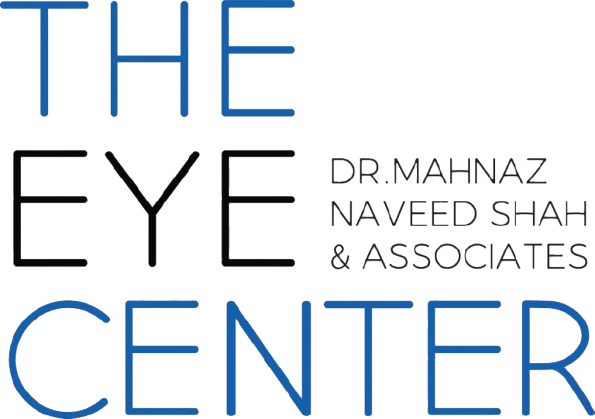A bacterium that causes botulism produces the toxin known as botulinum toxin, or Botox, which temporarily paralyzes muscles.
In its day, this toxin underwent purification so that it might be applied therapeutically. It is utilized in several specialized fields of medicine, including ophthalmology, neurology, and aesthetics.
In ophthalmology, we utilize it to treat certain pathologies like strabismus instances, blepharospasm (a disease where the eyes close involuntarily), and in cosmetics to rejuvenate the appearance by treating wrinkles around the eyes, on the forehead, and in the space between the eyebrows.
To minimize the antagonistic muscle contracture of the affected eye in cases of acute ocularmotor palsy and in chronic phases when there is a slight residual deviation of the eye, strabismus is treated with this technique. It is occasionally used as a supplement in strabismus surgical procedures.
Blepharospasm is a persistent condition for which the exact cause is unknown. Patients are unable to stop their eyelids from closing as if it were a “tic,” and until this “tic” has passed, they are unable to open them. Often they last seconds in which the patient cannot see and therefore cannot go about their normal life. This affects them not only for those moments of “blindness”, but it also affects their family, social- and working-relationships with others. Botulinum toxin administration is the treatment of choice in these cases.
Botulinum Toxin is used in cosmetic surgery to treat dynamic wrinkles, or those that are most visible when the muscles contract, such as crow’s feet, between the eyebrows, and on the forehead.
The Botox technique is quite simple procedure.
It is an outpatient procedure for the treatment of blepharospasm, aesthetic surgery, and oculomotor palsy. According to the case and pathology, Botulinum Toxin injections are administered to the targeted muscle.
In the event of blepharospasm and cosmetics, an anesthetic cream is administered to the targeted parts of the skin, making the treatment painless. In paralysis cases, anesthetic drops are used. In less than five minutes, the botox injection is given, and the patient then leaves the doctor’s office on their own.
Depending on the complexity of the case and the patient’s age, local or general anesthesia may be used when Botox is necessary as a supplement to strabismus surgery. These two procedures are both outpatient ones.
The effects of botox can be observed after a week, and like all medications, they typically last between three and six months, depending on the individual. As a result, people who receive Botulinum Toxin must visit an ophthalmologist two or three times a year to have it delivered.
Patients who are extremely sensitive to toxins or who have an infection in the area where the injection will be given should not have Botox treatment. In addition, pregnancy, if the mother is breastfeeding, or if the patient is taking any kind of medication interfering with neuromuscular transmission are considered to be relative contraindications (not advised).
It is an extremely safe medicine that often has no negative side effects. It may result in short-term, localized adverse effects that are simple to treat, such as minor irritation or redness where the injection was made. In this situation, applying something cold locally will be sufficient.
If a toxin has any negative side effects, they are only transitory.
At The Eye Center- Dr. Mahnaz Naveed Shah & Associates our team of eight ophthalmology subspecialists/ eye specialists, eye surgeons who are considered amongst the very best eye specialists in Karachi and in Pakistan, have the diagnostic and treatment capabilities to treat from the simplest to the most complex patients. We work hard to provide our patients with the best possible medical and surgical eye care, in a state of the art purpose built eye care facility. We offer the entire array of medical, laser and surgical treatments to help provide patients the best possible care in the most efficient, safe and ethical manner.
If you need an appointment, please contact us at 03041119544 during our working hours or leave us a WhatsApp message at +923028291799 and someone will connect with you. Walk-in appointments are also available for emergencies. We can also be reached through our web portal on www.surgicaleyecenter.org

